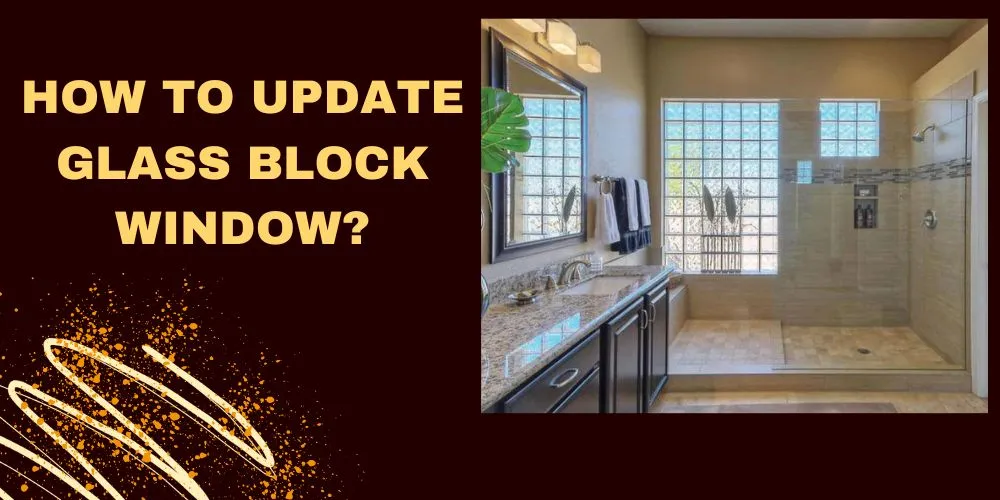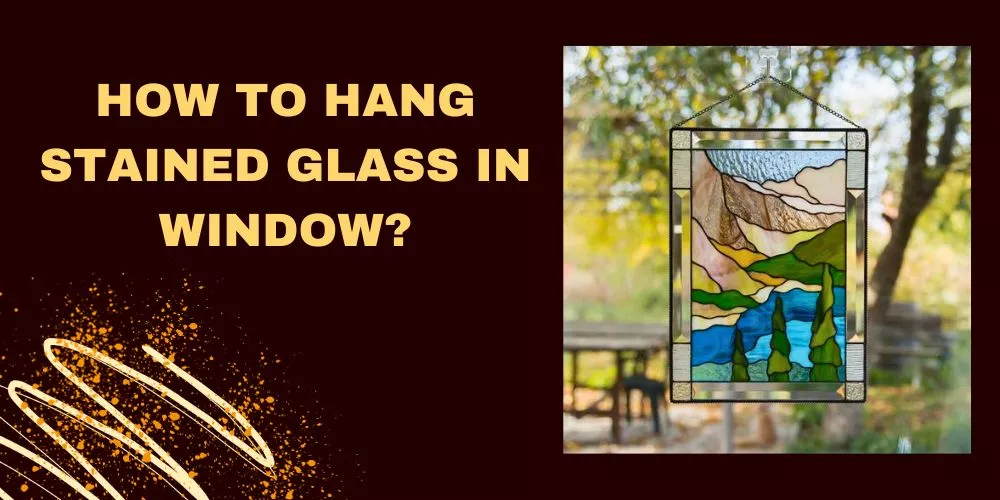The decision to revamp a floor often raises the question: Can you put epoxy over vinyl flooring?
This article explores the feasibility of pairing these two popular materials, delving into the benefits and potential problems that could arise, and offers practical solutions for a successful renovation.
Keep reading to determine whether applying epoxy over vinyl flooring is the best option for your space!

Can You Put Epoxy Over Vinyl Flooring?
Yes, you can put epoxy over vinyl flooring; however, there are some crucial considerations to ensure a successful and long-lasting application.
First, it is essential to properly prepare the vinyl floor by thoroughly cleaning and degreasing its surface to prevent epoxy adhesion issues.
The floor must be free from dirt, grime, or other contaminants. It’s also necessary to check for loose or damaged vinyl tiles – these should be repaired or replaced to ensure an even, stable base.
Next, select an epoxy specifically designed for use over vinyl flooring, as not all may be compatible. Communicate with the epoxy manufacturer to ensure the chosen epoxy is appropriate for your flooring material.
Before applying epoxy, perform a moisture test on the vinyl floor. High moisture content can lead to epoxy failures and require professional consultation to find a suitable solution.
Finally, remember that you’ll lose the unique characteristics of your vinyl flooring once it’s coated with epoxy. So, weigh the aesthetic and functional aspects before making your decision.
Ultimately, epoxy can be applied over vinyl flooring, but it requires careful surface preparation and product selection to achieve optimal results.
Can you epoxy over vinyl wrap?
Theoretically, you could apply epoxy over a vinyl wrap, but it’s not recommended.
Adhesion issues are of primary concern here. Vinyl wraps are designed to be removable, and their surfaces are often unsuitable for securing a lasting epoxy bond.

The flexibility of vinyl wrap and the rigid nature of cured epoxy are also contrasting characteristics that may lead to significant problems, such as cracking or peeling of the epoxy.
Therefore, while technically possible, it is generally advisable not to apply epoxy over vinyl wrap for a durable and quality finish.
What material can you epoxy over?
Epoxy is a versatile material that can be applied to various types of surfaces. Most commonly, epoxy can be applied over surfaces like:
- Wood: This includes plywood, butcherblock, and live edge. The porous nature of wood may require a skim coat or primer before epoxy application to ensure even coverage and good adhesion.
- Concrete: Epoxy coatings are often used to help protect concrete surfaces and improve their longevity and aesthetic appeal.
- Steel: Epoxy coatings are a key component in protective coatings for steel structures. They provide definitive protection against corrosion.
- Composite Materials: The use of epoxies is extensive in composites and 3D printing.
In addition, epoxy is widely used in dental molding and is a relied-upon adhesive for several difficult-to-bond materials.
It’s important to note that whatever material you are applying epoxy over, surface preparation is key to ensuring good adhesion and optimal results.
When should you not use epoxy?
While epoxy is highly versatile and durable, there are certain conditions and situations where its use may not be advisable:

- Highly Flexible Surfaces: Epoxy resins, once cured, become a hard and inflexible layer. Therefore, they should not be used on surfaces expected to flex excessively or frequently, as the epoxy coating can crack under such conditions.
- Damp or Wet Conditions: Epoxy does not adhere well in wet conditions. Applying epoxy on a moisture-rich surface may cause it to bubble or peel off over time.
- High-Temperature Environments: Although epoxy resins can withstand a certain amount of heat, they tend not to fare well in high-temperature environments. Continuous exposure to heat can cause the epoxy to yellow or distort.
- Direct Sunlight Exposure: Ultraviolet (UV) degradation or UV radiation can cause epoxy to discolor and deteriorate. Hence, using epoxy for outdoor applications is not advisable without adding additives or a protective layer against UV light.
- Unclean Surfaces: Epoxy needs a clean, dust-free, and grease-free surface for proper adhesion. If the surface is dirty, oily, or covered in old paint or sealant, the epoxy layer might not stick properly and could peel or chip off.
- Food Preparation Surfaces: While epoxy is generally considered safe once fully cured, it’s not usually recommended for surfaces where food will be cut or prepared, as sharp objects can score it, potentially releasing uncured compounds.
When you doubt when to use epoxy, consult a professional or the epoxy manufacturer to ensure it’s the appropriate solution for your needs.
Conclusion:
Applying epoxy over vinyl flooring can be a viable option in certain situations. However, the procedure demands careful preparation and selection of the right products.
Concerns like moisture content, surface cleanliness, and potential loss of vinyl characteristics must be factored into the final decision.
So, while pairing these materials is feasible, it’s key to properly weigh the pros and cons and, when in doubt, seek a consultation from a professional. Epoxy over vinyl may be the rejuvenating touch your floor needs, as long as it’s done right.


